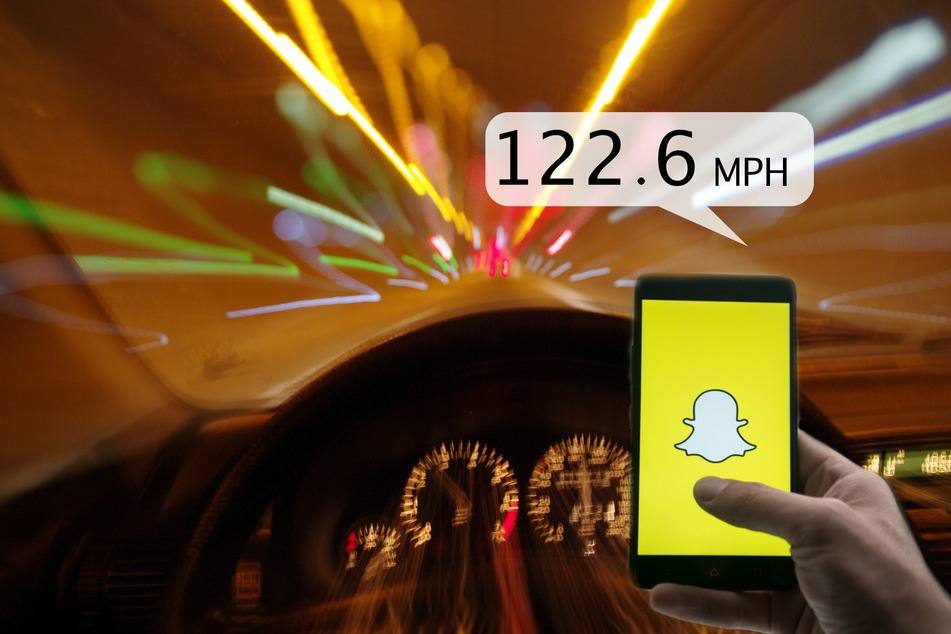Snapchat cancels controversial speed filter after lawsuits and accusations
Santa Monica, California - Snapchat has finally removed its controversial speed measuring feature that has been cited as promoting reckless driving. The company seems to have deliberately crippled the feature, making it easier to kill off without admitting liability.

Ever since the "speed filter" was introduced on Snapchat way back in 2013, its inappropriate use incited calls for the company to remove the feature.
Being able to post "proof" of reaching insane speeds while driving was probably not the goal when the company implemented the idea. NPR cited lawsuits brought against the company showing that teenagers believed they would receive rewards from the app if they were able to actually reach high speeds while driving. Unfortunately, several died in the attempt.
It seems Snapchat believed they wouldn't have to admit they were responsible if the feature went away because it wasn't popular anymore, not because of any particular lawsuit. The filter was altered to be less fun to use, a watermark "Don't Snap and Drive" was added to every image taken with it, and the max measurable speed was limited to a very pedestrian 35 miles per hour. After all, who cares if you're just cruising around town.
It's not clear why it took so long to just get rid of the feature altogether, though 9To5Mac reports that the speed filter is finally history. It seems as if the company did everything possible to save face rather than admit any guilt in accidentally incentivizing dangerous driving.
It's not clear if Snapchat ever compensated the families of those killed while speeding and using the app, though at least one of the lawsuits cited "negligent design".
Cover photo: Collage: 123RF/Peter Ksinan & 123ucas
